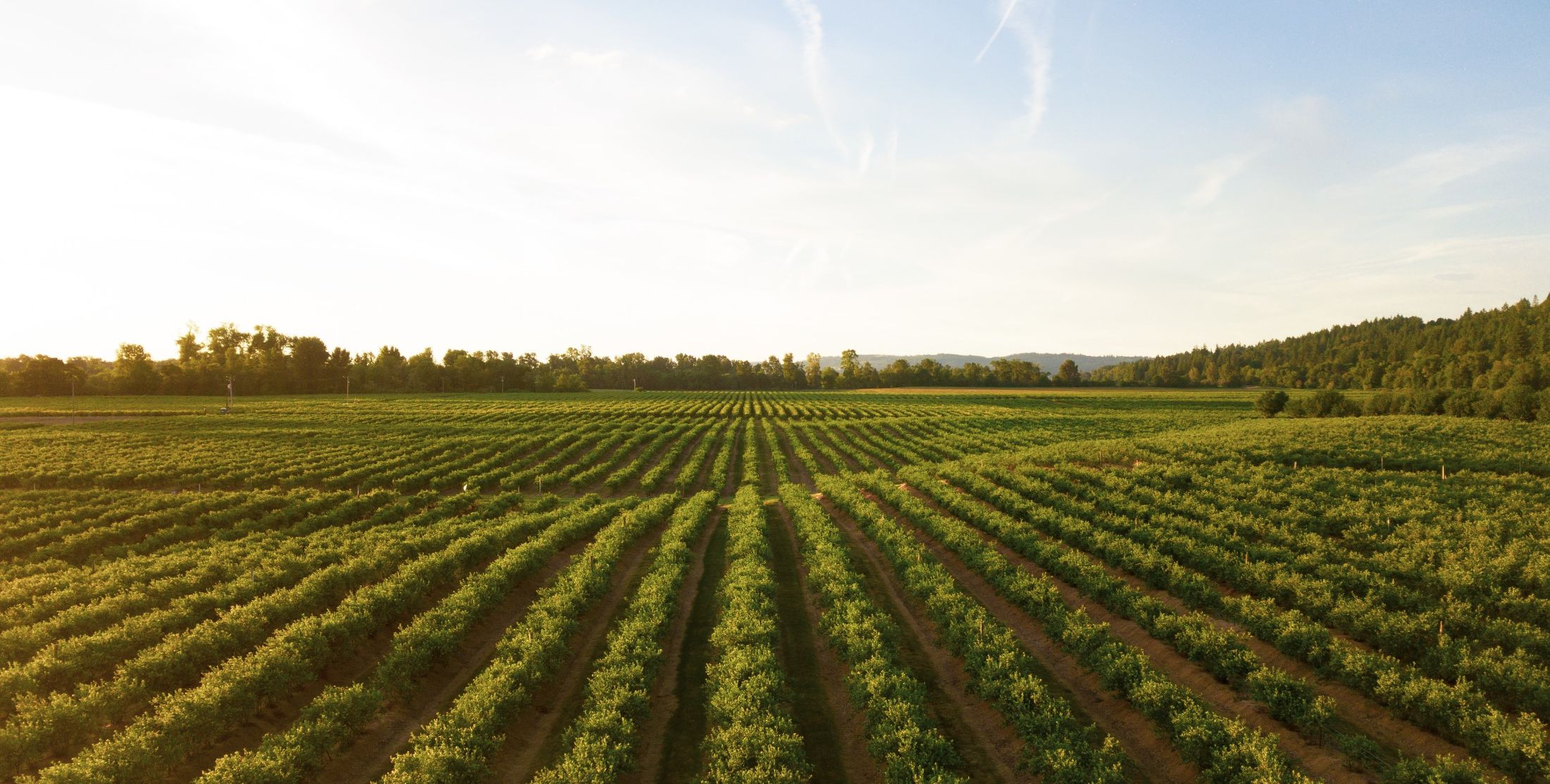Investment in Farming
Posted: 18 December 2020
With the current low interest rate regime looking set to continue for some time, investors are increasingly looking at ways to generate a reasonable income either for their retirement or for other forms of saving. Recently, commercial property syndicates have come back into fashion. Their popularity is based on the return that they are able to provide to investors, notwithstanding the risks inherent in that sort of investment.
A focus on syndicated farm investments
Similarly, syndicated investments in farming have had a resurgence. This type of investment has always been popular, particularly in the forestry and dairy sectors. In recent years, however, there has been a big move into the horticultural sector with kiwifruit, apple, cherry and other horticultural syndications being offered on a regular basis.
How farming syndicated investment works
Farm syndicates can be structured in different ways. One that is becoming common, is for a property syndicate to buy land and then enter into a lease with either the farmer or the horticulturalist. This enables the promoter to offer investors a fixed return that is, on the face of it anyway, less subject to the fluctuations and returns that are inherent in the horticultural and farming sectors.
Typically, the initial rent payable under the lease will be calculated with reference to a fixed return on the capital invested, thus enabling the promoter to offer a fixed return to the syndicate’s investors. Sometimes there will also be an element of profit-share. This type of property syndication can be seen as an opportunity for a farmer to release capital and to continue farming.
In these instances, a farmer would sell their land to a promoter and then take a lease back. The farmer has released their capital which is banked; they can then farm with the peace of mind of only having to pay their rent, but otherwise the farming operation continues as usual.
Risks for both sides
The risk for the farmer is that having sold their land there is no longer an asset that can be used as security for any borrowing. If there is a situation where they still need, for example, a seasonal overdraft, can they offer security to their lender? Theoretically having released all their capital, the farmer should have the resources to continue to farm but must also ensure there are sufficient funds for the farm to cover the bad years as well as the good years. They need to be able to do this because in the bad years they will still need to pay the same rent (and perhaps other fixed outgoings) as they do in the good years.
For the syndicate, the risk is that the farmer fails. In much the same way as the commercial property syndicates periodically fall over because of the failure of a tenant, the same thing can happen with the farmer who may have a series of bad years, drought, disease, low prices or some similar event outside of their control and they can no longer pay the rent on the land.
For the farm syndicate, having the farmer unable to pay the rent may not be an issue in the sense that, under their lease, the syndicate has the right to terminate a lease and re-let the land to somebody else. However, if the entire sector is in a downturn, it may well be that the syndicate cannot re-let the property on the same terms or there may be a time lag between the failure of the original tenant and when the property can be re-let. During this period, the syndicate itself will have to run the farms and, thus, the return it can generate and pay the investors might not be what was initially promised.
DISCLAIMER: All the information published in the Property eSpeaking, Commercial eSpeaking, Trust eSpeaking, Rural eSpeaking, and Fineprint newsletters is true and accurate to the best of the authors’ knowledge. It should not be a substitute for legal advice. No liability is assumed by the authors or publisher for losses suffered by any person or organisation relying directly or indirectly on this article. Views expressed are those of individual authors, and do not necessarily reflect the view of this firm. Articles appearing in Property eSpeaking, Commercial eSpeaking, Trust eSpeaking, and Fineprint may be reproduced with prior approval from the editor and credit given to the source. Copyright, NZ LAW Limited, 2025. Editor: Adrienne Olsen. E-mail: [email protected]. Ph: 029 286 3650 or 04 496 5513.
